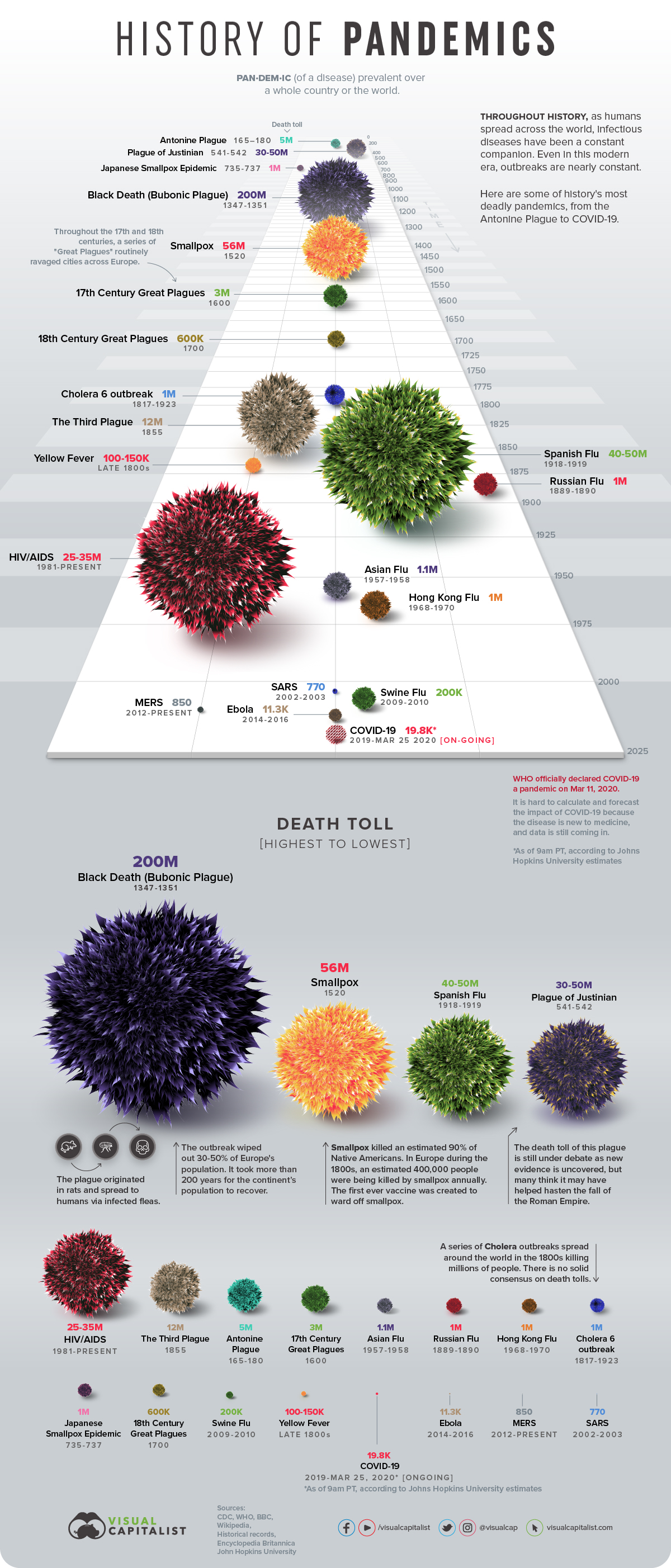The Western African Ebola virus epidemic of 2013–2016 was the most widespread outbreak of the Ebola virus in history resulting in a major loss of life and massive social and economic disruption mainly in Guinea, Liberia, and Sierra Leone.
Paul Richards is a professor at Wageningen University in eastern Netherlands and also at Niala University in central Sierra Leone with extensive experience. He has written extensively on West Africa and, in particular on the Ebola crisis.
This is a brief summary of his thoughts on the main lessons of the Ebola crisis for our understanding and more importantly our responses to Covid-19. The summary is based on a longer piece at https://africanarguments.org/2020/03/17/what-might-africa-teach-the-world-covid-19-and-ebola-virus-disease-compared/
While Ebola and Covid-19 are not the same and Africa and Europe are not the same, nonetheless, some key lessons can be identified:
- Shared learning between communities and medical professionals is a key aspect of human adaptive response to emergent diseases. In any disease in which community mobilisation is an important aspect families need to think like epidemiologists, but equally epidemiologists need to think like families
- A key lesson is being inventive in how we respond
- Ebola & Covid-19 – ‘a family disease’ – many infections occur in the home so if individuals and families understand how infection occurs and implement domestic precautions, this helps considerably
The name for Ebola in the Mende language of Sierra Leone (the worst affected country in 2014-15) was bonda wote, literally ‘family turn round’ – a disease requiring families to change behaviour in major ways, especially in how they cared for the sick and elderly
- Authorities should listen carefully to information from below about what would help to make a difference – this implies having very good means of two-way communication – top down and bottom up.
- Ebola taught that epidemics cause deaths from other diseases through their impact on health systems e.g. many additional fatalities resulted from, for example, closure of facilities such as maternity clinics
- Ebola highlighted the need to build smaller community care centres close to where active transmission was taking place and the importance of local volunteers working alongside Ministry of Health personnel. The fact that staffing was local meant patients saw familiar faces, and this built trust; it also helped ‘normalise’ the situation
- Keeping cases out of main hospitals as much as possible was helpful – a half-way house between home isolation and intensive care
- The issue of quarantine for Ebola might offer lessons. Much of it was organised and imposed by the state, and was at times heavy-handed but communities also organised their own quarantine. They understood that self-isolation was in their own interest, and this sometimes worked surprisingly effectively
- Prompt case finding, contact tracing and quarantine were important with Ebola as was good basic hygiene practices, such as hand washing
Richards also notes:
Predictably, some politicians have demanded border closures against immigrants and refugees, even though spread is associated with tourism and normal business travel but in a globally connected and inter-dependent world blaming and stigmatizing helps no one.
Our thanks to Duncan Green for bringing Richards piece to our attention


